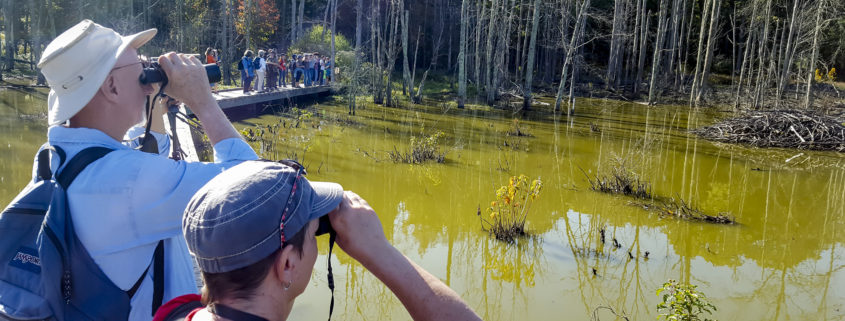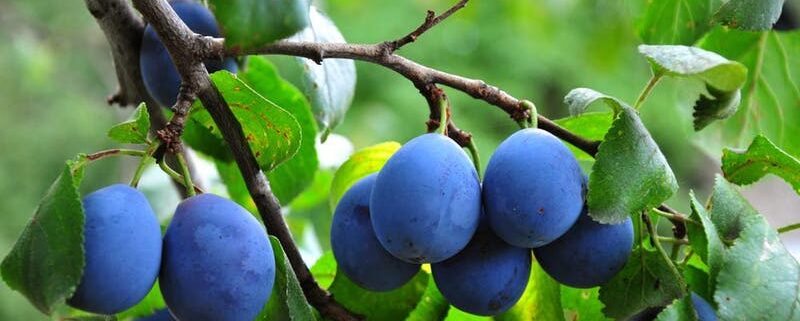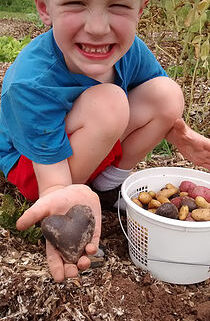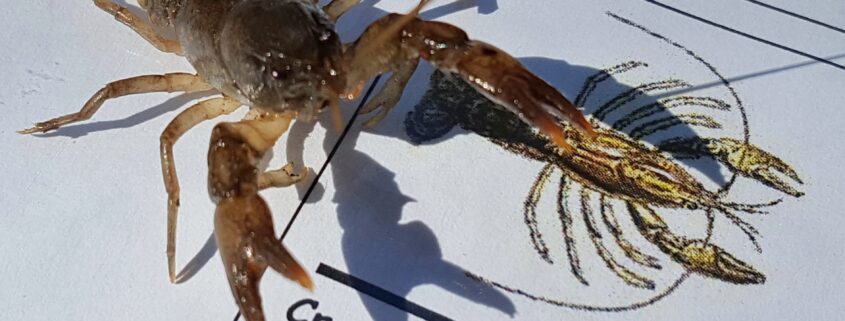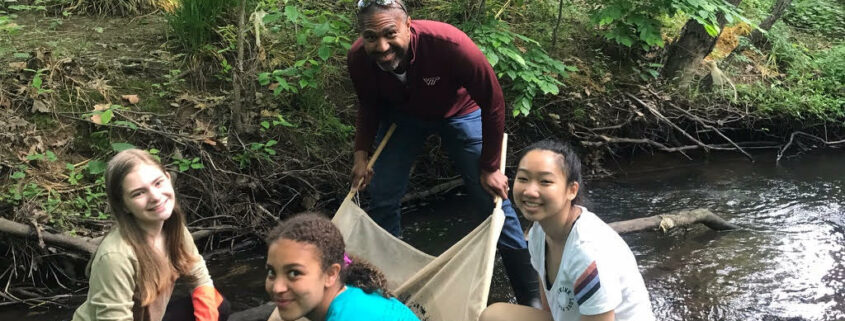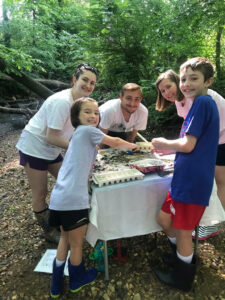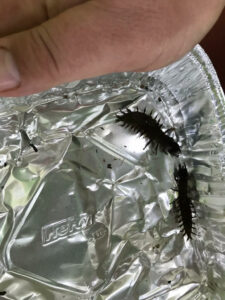Article by NVCT staff
Are you as concerned as the Northern Virginia Conservation Trust about the severe storms and flash flooding that have affected our region in recent weeks? These events also impact local wildlife, trees and plants while overtaxing our stormwater infrastructure. Take a look these ways that you can help reduce the impacts of flooding in your own backyards.
How to Reduce the Impact of Flooding
1. Level a sloping yard. To avoid incoming water, the ground should always slope away from your home in all directions. Locate the high and low points of your home and use extra dirt to slope the yard away from your house. This way, melting snow and rain will flow away from your home and basement, preventing flooding in your home. Work with a professional to make sure vents, basement windows, pipes, drains, and other areas aren’t negatively impacted during the grading process.
2. Choose native plants that prevent flooding. Indigenous plants can help to prevent soil erosion while also allowing rainwater to drain more efficiently. Some examples of plants great for this task are shrubs, ferns, wildflowers, and small, native trees. These can often be found at local plant nurseries.
(Ed. note: Plant NOVA Natives has terrific advice for such plants on their website.)
3. Add mulch to your garden. In garden areas graded away from your home, fill with a few inches of mulch. This will help keep soil in place and hold in rainwater. If mulching near your home, make sure the mulch is at least six inches from your siding to avoid moisture wicking and rotting of your home’s exterior.
4. Plant grass to reduce the impact of floods. The root structure of grass can help absorb water. It’s important to research what kind of grass would be most effective for your area. Once it grows in, avoid cutting your lawn too short, which weakens the roots and can lead to flooding in your yard, and possibly your home.
5. Plant a rain garden. Rain gardens are the perfect solution for curbing erosion and improving water quality. They collect rainwater and water that runs from your gutters and downspouts, and create a runoff, filtering it away from your house. They are often created in shallow, landscaped depressions.
(Ed. note: Plant NOVA Natives has terrific advice for rain gardens on their website.)
6. Add drainage areas near driveways. Paved driveways can quickly lead to rainwater runoff, which can increase your home’s risk for flooding. Installing a gravel or spaced paver driveway are two options. For something less expensive, consider adding drainage next to your driveway by way of channel drains, pavers, or other landscaping-based solutions.
7. Install a rain barrel. Rain barrels, which are placed at the bottom of downspouts to collect the water, are a great way to redirect moisture and protect your home from flooding. As an added bonus, rain barrels allow an eco-friendly way to water your gardens and lawn when it’s dry out, as well as decrease pollution runoff into lakes and natural waterways.
8. Check your sump pump. A well-maintained sump pump will ensure that your basement stays dry by directing water out of your basement and away from your home. A sump pump can mean the difference between proper water flow and costly water damage. It’s important to check your sump pump to make sure everything is in proper working order. If you don’t have a sump pump, you might want to see if getting one is right for you.



